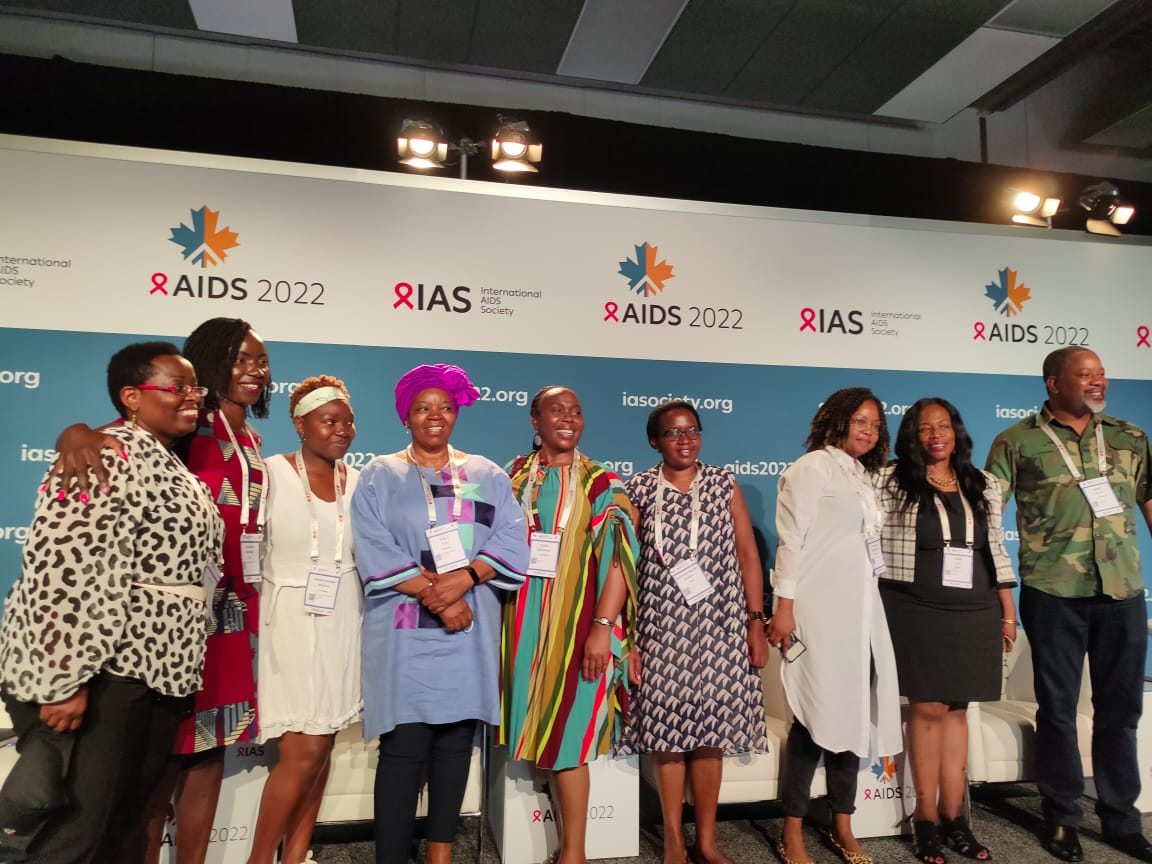|
Getting your Trinity Audio player ready...
|
At the 24th International AIDS Conference (AIDS 2022) held in Montreal, UNESCO and Frontline AIDS hosted a session where African leaders championed sexuality education and challenged misinformation to work toward an AIDS-free generation. Young advocates, representatives from African governments and CSOs made the case on why Comprehensive Sexuality Education should remain a priority for HIV prevention efforts and health and wellbeing for young people in Sub-Saharan Africa.
“Every week, 4900 girls and women aged 15-24 in Sub-Saharan Africa acquire HIV. Each one of these infections could be prevented if young people had accurate information about how HIV is transmitted, alongside the services they need to make safe and empowered choices” stated Patricia Machawira, Regional Advisor and manager of the programme Our Rights, Our Lives, Our Future for UNESCO.
Comprehensive Sexuality Education is empowering young people around the world to build agency, develop skills, knowledge and attitudes required for preventing HIV, reducing early and unintended pregnancies, and eliminating gender-based violence. It is empowering young people to make informed and safe decisions about their bodies and their lives.
Nyasha, a young advocate called for governments to endorse the ESA commitment, “We can no longer wait, waiting means governments accept that young girls continue to acquire HIV”. Botswana ministry of health representative and South Africa ministry of education representative shared their experience championing CSE as a way to enhance the health and wellbeing of young people and positioned themselves as leaders of the CSE while encouraging other countries to endorse the Eastern and Southern Africa commitment.
The session comes almost a year after the Eastern and Southern Africa ministerial commitment was renewed in December 2021 to continue to advance education and health for the well-being of adolescents and young people. The ESA commitment is a strategic platform that brings together Ministries of Education, Health, Gender and Youth to strengthen Sexual and Reproductive Health and HIV prevention efforts. It is convened by SADC and EAC Secretariats with support from UNESCO, UNFPA, UNAIDS, UNICEF, UNWOMEN, WHO and MIET Africa.
“In sub-Saharan Africa, adolescent girls and young women are three times as likely to acquire HIV as adolescent boys and young men” declared Caroline Ngonze from UNAIDS ‘Education Plus’ initiative. Child marriage, as well as gender-based violence, also remain unacceptably high. 40% of girls and 30% of boys in Eastern and Southern Africa agree that a husband is justified in hitting or beating his wife.
It is a fact that every child will one day have life-changing decisions to make about their well-being, relationships, families, and life goals. Yet, many grow up not having even the basic knowledge and skills
to make these decisions carefully. Comprehensive Sexuality Education aims to equip children and young people with knowledge, skills, attitudes and values that will empower them to realize their health, well-being and dignity; develop respectful social and sexual relationships; consider how their choices affect their own well-being and that of others; understand and protect their rights throughout their lives.






